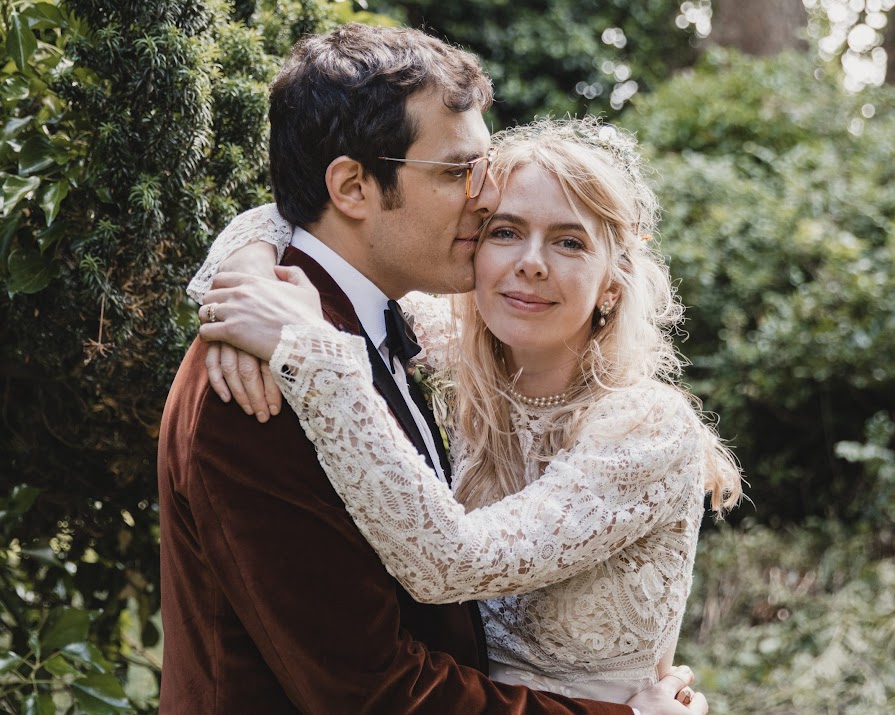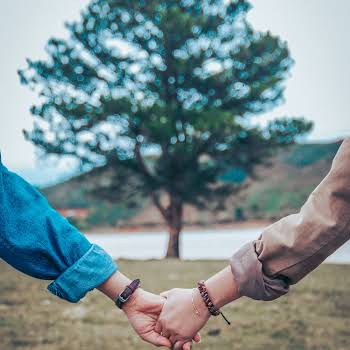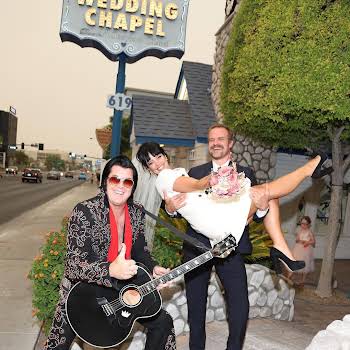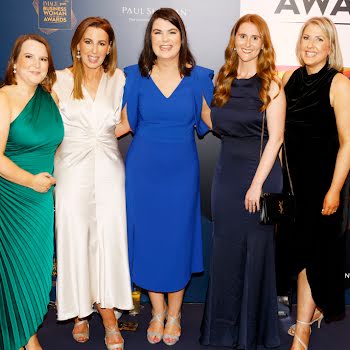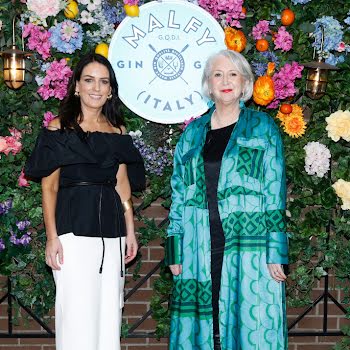
‘Keeping your own surname absolutely changes the way people perceive your marriage’
By Jennifer McShane
29th Sep 2023
29th Sep 2023
To keep or not to keep your surname after marriage? The answer, as Jennifer McShane recently found out, wasn't as simple as it first appeared to be.
“What’s in a name?” The famous Shakespearean quote intended as the most romantic of words may come to mean a lot more if, once married, that surname remains your own. I’m at a time where the majority of my friends are getting married and, while I always ask the question of whether surnames will be changed or kept, I never presume the latter. In fact, I thought perhaps, times had changed and that it might seem more ‘normal’ for one half of a couple to keep their last names but research says otherwise.
Numerous studies frequently suggest the same thing – women in particular who keep their maiden name are generally perceived as having more authority in their relationship. Women’s decisions about their marital surnames were also found to affect how people perceived their husbands and in turn, how people perceived the women themselves.
Thirty-year-old Eimear explained after she decided to keep her last name, she felt perceptions change almost straight away.
“I was non-committal when my own friends asked me about the name change before the wedding, most of them assumed I just would. It was when I told certain family members of the choice – which I had spoken at length about to my husband – that the comments started coming. Things like ‘ballbreaker,’ ‘cracking the whip’ and ‘wearing the trousers’ all kept getting jokingly said in relation to me – as if I was deliberately trying to assert some sort of unwelcome dominance over my husband and leaving him to say nothing!”
“I almost always get asked, ‘Ah, and what does your poor husband make of all this?'”
“I wouldn’t have minded too much only first off, we’re a partnership through and through (so neither of us tries to assert anything), and also that is almost NEVER said to a man in a heterosexual relationship in my opinion; no one turns a blind eye if a woman, in that case, changes her name to that of her partner, yet if she doesn’t it’s an issue.”
But it’s not only women who get stereotyped in terms of traditional ideas regarding femininity; academics also concluded that men whose wives keep their own surnames are generally seen as being more “submissive”, “caring”, “understanding” and “timid” – all of which would suggest the deep-rooted nature of patriarchal attitudes towards marriage names hasn’t changed.
Perhaps unsurprisingly, researchers also found that people who had strongly held traditional ideas about gender roles were more likely to believe that men were disempowered when their wives kept their own names, so it can affect both genders.
“My husband has had it as well, the “so it’s your wife calling the shots?” when they hear of my surname being kept. The implication being that he’s somehow lesser because I haven’t taken his name – and then I feel terribly guilty,” she continued. “Keeping your own surname absolutely changes the way people perceive your marriage.”
“Even though I did it for reasons that were personal and right for me – we’ve never felt, as a couple, that anything was lacking because we didn’t have the same last name – the perception from others is that we’re somehow not united; that something is wrong or that there is this lack of balance in terms of gender roles.”
“And there lies the issue in itself; why has some of the reaction been borderline hostile? I do wonder if it’s really still a sign of the times, more of a thing in Ireland (in that it’s just not done) or simply that those that do it don’t talk about it to save themselves grief!”
This article was originally published in June 2022.











